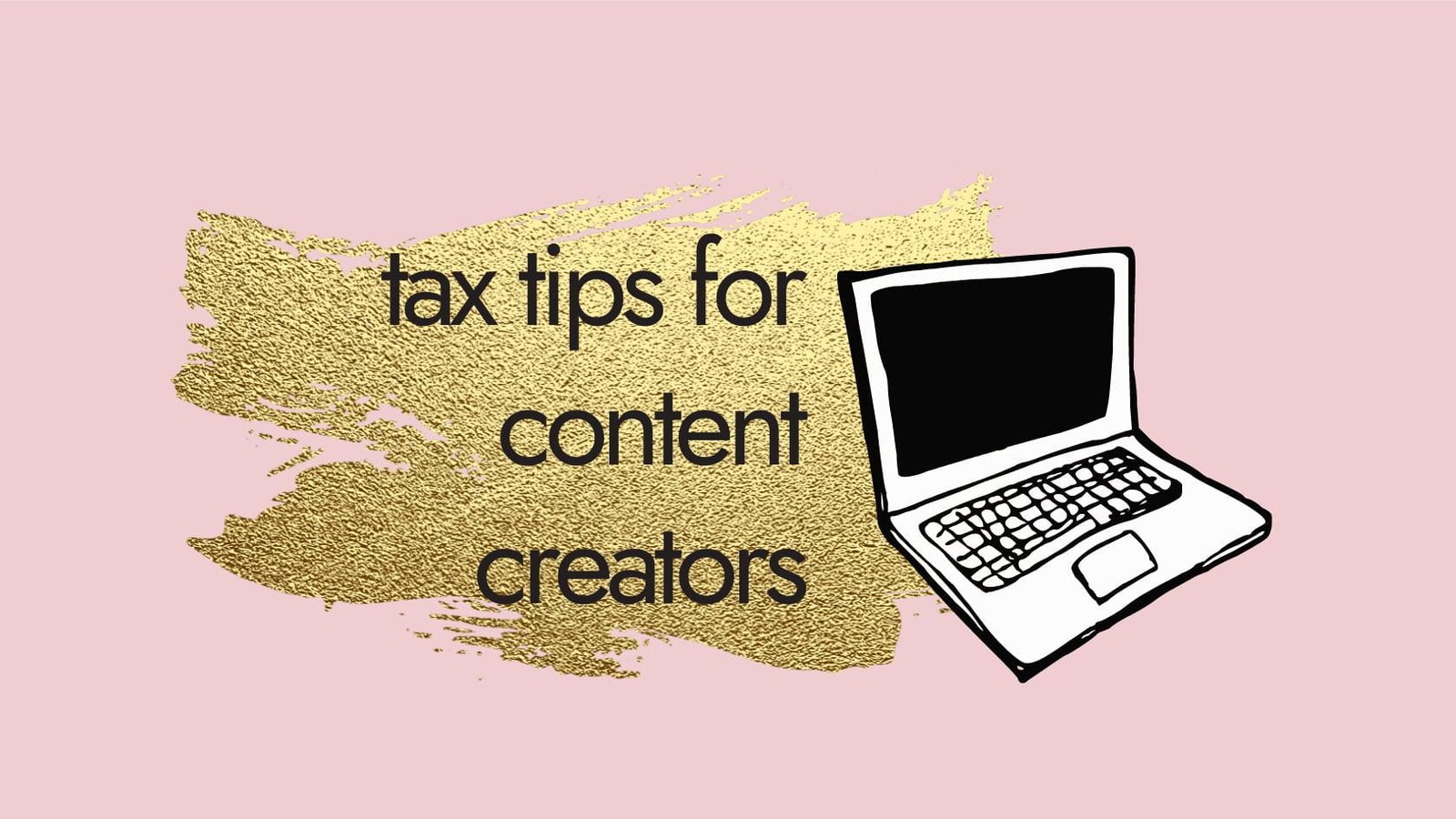
Introduction to Tax for Content Creators
Do you need to register for self-assessment? If so you need to do it by 5th October.
As a content creator or influencer in the UK, you may be uncertain about your tax responsibilities. This tax guide for content creators will help you with your self-assessment.

Social media has created a new job opportunity for the current generation of digital creators, who can now work full-time on various social media platforms. There are various ways that this type of income can be generated such as –
- Advertising: Do you promote other companies on your account or blog or intend to do so?
- Monetisation: Have you been using a monetising strategy to compensate for your time and effort invested and earn income from your platform?
- Guest blogging: Do you promote yourself on other websites to boost traffic?
You can easily check whether you need to file a self-assessment using this handy guide HMRC has added recently.
If you post regular vlogs on your YouTube channel, run an Instagram account with paid or sponsored content, post ads on TikTok, or have a blog where you write reviews or guides and in return earn fees/royalties, this income is taxable.
If you earn over £1000 per year from this type of content, you must submit a self-assessment tax return.
The tax year is a 12-month period which starts on April 6th of one year and ends on April 5th of the following year.
If you earned over £1000 between April 6th, 2022 and April 5th 2023 you would need to register for self-assessment by 5th October 2023 and then file your self-assessment online by 31st January 2024
Even if you’re employed full-time and work part-time as a digital creator, you still have to pay taxes on your online income. The income tax you pay will depend on the amount you earn and you will only pay tax on income over your allowance which is £12,570 as standard. .
If you earn money from online content creation alongside employment and want HMRC to automatically collect the tax you owe from your wages and pension send your return by 30th December. − Find out if you are eligible to pay this way on GOV.UK

Here are some key tax tips to help Content Creators and Influencers in the UK manage their finances effectively:
- Keep Detailed Records: Maintain thorough records of your income and expenses related to content creation. This includes receipts, invoices, and bank statements. Software tools and apps can help streamline this process. I have included more details on allowable expenses below.
- Business Structure: Determine the most suitable business structure for your content creation activities. Options may include sole proprietorship, LLC, or corporation. Your choice can impact taxes and liability.
- Claim Allowable Expenses: Be aware of allowable expenses you incur whilst running your business.
- Quarterly Estimated Taxes: ‘You can set up a Budget Payment Plan if you want to make regular monthly or weekly payments towards your next tax bill
- Separate Finances: Maintain separate bank accounts and credit cards for personal and business expenses. This separation simplifies record-keeping and helps identify deductible business expenses.
- Professional Guidance: Consult with a tax professional or accountant experienced in working with content creators. They can provide tailored advice and ensure you’re maximising your tax benefits.
- Track and Report Income: Ensure you accurately report all income, including sponsorships, affiliate earnings, and merchandise sales. Non-disclosure could lead to tax issues.
- File on Time: File your tax returns on time to avoid penalties and interest charges. – or even better file early!

There’s an app for that!
You might hear the phrase UTR – this stands for unique taxpayer reference number. You will get your UTR when you register for self-assessment. If you already have a UTR you can find it in the HMRC App, which is very handy to manage everything all in one.
You can make Self-assessment payments quickly and securely through the HMRC app. You can set up notifications in the app to remind you when payments are due, so they don’t need to worry about missing deadlines or penalties. You can also check if you’re due a refund in the HMRC app once you’ve filed your return.
Filing early
You can avoid the stress of last-minute filing by filing early so that you know what you owe. You can file whenever you want, but have until January 31 to pay.
Filing early has a few benefits:
- Some people do so for their peace of mind and to avoid the stress of last-minute filing
- You’ll know what you owe, so you can plan your budgeting for the year and pay your tax bill in instalments if you need to – you can also get help if you find you can’t pay
- You can find out sooner if you’re owed a refund – and you’ll get it sooner too
- Their phone lines get busy in the run-up to the Self Assessment deadline in January, but you can use their digital services to do what you need to do quickly and easily online (we’ve found customer satisfaction is consistently around 80%)
HMRC have made it more accessible to learn about everything tax! here are a few resources to get you going on different platforms. You can find them on YouTube / Facebook and Instagram

Some other useful things to know:
- The easiest and most secure way to file your tax return is online using your Government Gateway account
- You can get someone to help you – a friend, relative or accountant can complete the return on your behalf
- You can get help if you can’t pay your tax bill – contact HMRC to find out how we can help
- It’s important to let HMRC know if your circumstances change.
I hope that clears up a lot of questions and worries that you have, any questions leave them in the comments below!
Happy creating.
